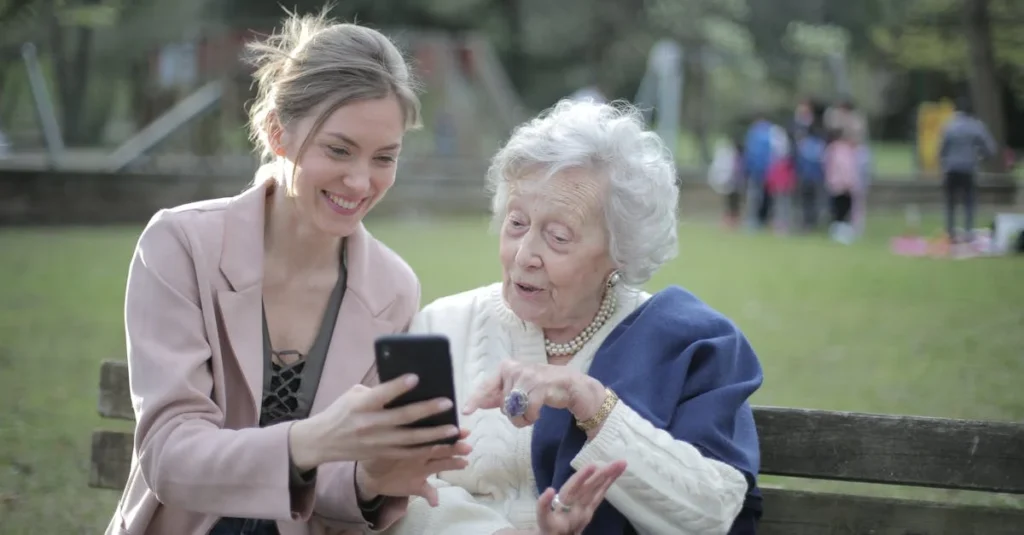Sociological imagination is a powerful tool that enables sociologists to connect personal experiences with broader social forces. By seeing the interplay between individual lives and societal structures, researchers can uncover deeper insights into human behavior. This perspective allows them to ask critical questions about the world around them, transforming the way they approach their studies.
When sociologists employ this imaginative framework, they can identify patterns and trends that might otherwise go unnoticed. It not only enriches their understanding of social phenomena but also enhances their ability to analyze complex issues. In a rapidly changing society, the sociological imagination serves as a vital lens through which researchers can explore the intricate web of relationships that shape everyday life.
How Does Using Sociological Imagination Help Sociologists In Their Research?
How does using sociological imagination help sociologists in their research? the capability to view personal experiences within the context of broader societal patterns. This perspective empowers sociologists to draw connections between individual circumstances and larger social forces. By employing this framework, researchers can discern how societal structures, cultural norms, and historical contexts shape individual behavior.
How does using sociological imagination help sociologists in their research? sociological imagination to identify recurring themes within diverse populations. Patterns, such as economic inequality or social mobility, become more apparent when examining individual stories against the backdrop of societal trends. By analyzing these elements, sociologists uncover underlying causes of social phenomena, enhancing their research quality and relevance.
Analyzing complex issues becomes more effective through sociological imagination. For instance, studying unemployment requires understanding not just individual job loss, but also economic downturns, policy decisions, and systemic inequalities. This holistic approach leads to more comprehensive analyses and actionable solutions.
Ultimately, sociological imagination fosters critical thinking among sociologists. It prompts questioning of assumptions and encourages exploration of social contexts. By integrating personal narratives with structural analysis, sociologists gain deeper insights, contributing significantly to the field’s knowledge base.
Importance of Sociological Imagination in Research
How does using sociological imagination help sociologists in their research? plays a pivotal role in research by enabling sociologists to analyze individual experiences within a larger societal framework. This perspective deepens the understanding of complex social issues and their implications for individuals and communities.
Enhancing Critical Thinking
Enhancing critical thinking occurs through the application of sociological imagination. Researchers identify underlying assumptions and challenge common beliefs by examining social contexts. This approach encourages them to analyze issues from multiple angles, thus fostering innovative solutions. Critical engagement with subjects allows sociologists to uncover previously ignored factors that shape societal dynamics.
Connecting Personal Experiences to Society
Connecting personal experiences to society provides valuable insights into social behavior. Sociologists relate individual narratives to broader societal patterns, which unveils the interplay between personal choices and external influences. By studying case studies, interviews, or surveys, sociologists reveal how specific experiences reflect larger trends, such as economic inequalities or cultural shifts. This connection enriches the understanding of how societal forces affect individual lives, ultimately leading to more effective social policies and interventions.
Applications of Sociological Imagination in Research
Sociological imagination serves as a crucial tool in research, allowing sociologists to draw meaningful connections between individual experiences and broader societal dynamics. The following subsections elaborate on the specific applications of this framework in different research methodologies.
Case Studies
Case studies benefit significantly from sociological imagination by offering detailed insights into individual experiences within societal contexts. Researchers analyze unique instances, such as family dynamics during economic crises, to understand how larger forces shape personal experiences. This approach reveals patterns that reflect systemic issues like poverty, crime, or education disparities. By situating individual narratives within broader social frameworks, sociologists uncover trends that inform theories and contribute to developing targeted interventions.
Field Research
Field research employs sociological imagination to observe social interactions and behaviors in natural settings. It enables sociologists to recognize how external factors influence individual actions and group dynamics. For example, researchers observing a low-income neighborhood can link observed behaviors to systemic issues, such as lack of access to resources or social services. This contextual awareness enhances the accuracy of data interpretation and highlights the interplay between personal experiences and societal structures. The insights gained from field research often guide policymakers and practitioners in creating more effective programs tailored to community needs.
Benefits for Sociologists
Sociological imagination offers multiple advantages for sociologists in their research endeavors. This framework promotes a comprehensive understanding of the intricate dynamics between individual experiences and larger societal forces.
Broader Perspective
Sociological imagination cultivates a broader perspective by allowing sociologists to view individual cases in relation to societal patterns. This mindset enables researchers to transcend personal biases and uncover systemic issues. By examining data through this lens, sociologists can identify how social phenomena, such as culture, history, and economic structures, shape personal experiences. For instance, analyzing educational achievement in the context of socioeconomic background emphasizes how systemic inequality impacts individual outcomes.
Improved Research Outcomes
Sociological imagination contributes to improved research outcomes by fostering deeper insights into complex social issues. Researchers can detect trends and patterns that inform the development of effective social policies. A critical analysis of individual behavior in relation to social structures can unearth various influences, facilitating innovative solutions to challenges, such as poverty or discrimination. For example, conducting interviews with individuals from diverse backgrounds reveals how personal narratives reflect broader societal trends, ultimately guiding targeted interventions that address specific community needs.
Critical Examination Of Assumptions
Sociological imagination serves as a vital tool for sociologists, enabling them to bridge the gap between individual experiences and broader societal dynamics. By employing this perspective, researchers can uncover patterns that reflect systemic issues, leading to richer analyses and more effective solutions. It encourages a critical examination of assumptions and fosters innovative thinking, ultimately enhancing the understanding of complex social phenomena.
This holistic approach not only informs research methodologies but also guides policymakers in crafting targeted interventions. As sociologists continue to apply sociological imagination in their work, they contribute significantly to a deeper comprehension of the intricate relationships that shape society.

